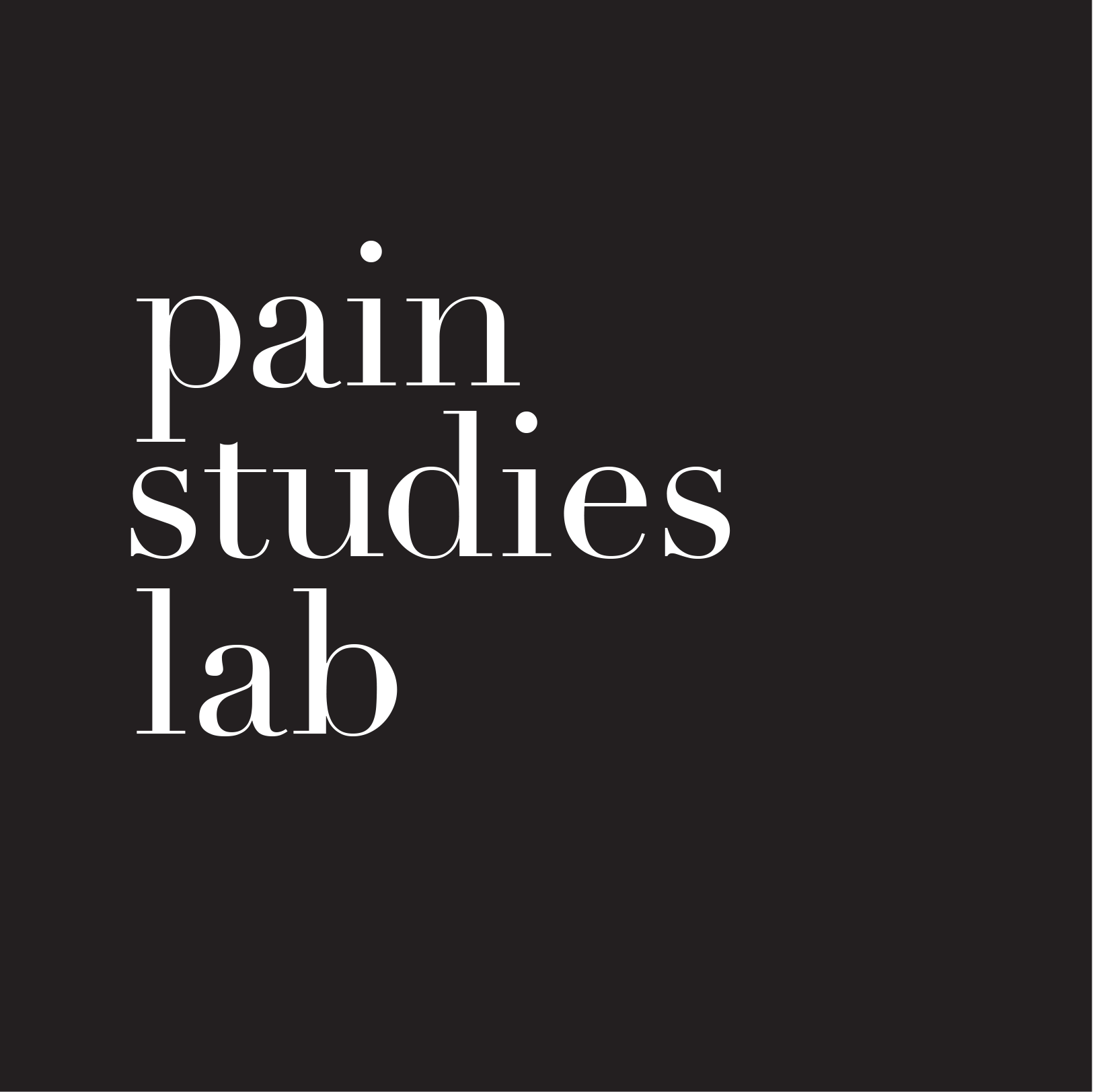Terry Lavender, a PhD candidate with the Transforming Pain Research Group, presented the paper Portable Presence: Can Mobile Games be Immersive Games?” at MOGA 12, the mobile gaming workshop at ICEC 2012 (International Conference on Entertainment Computing) in Bremen, Germany on September 26.
The paper was cowritten with Dr. Diane Gromala. It discusses planned research into whether immersion is achievable on smaller platforms, such as tablets and smartphones.
Abstract:
Mobile games – in particular, games played on smartphones and tablet computers – are becoming increasingly popular. Yet, there has been little research into whether players can experience immersion while playing mobile games. As the potential for immersive mobile games would be of interest to game developers, researchers and players, it is proposed to measure mobile immersion by comparing Osmos, a multi-platform ambient video game, on three different-sized devices – a smart phone, a tablet and a desktop computer.
